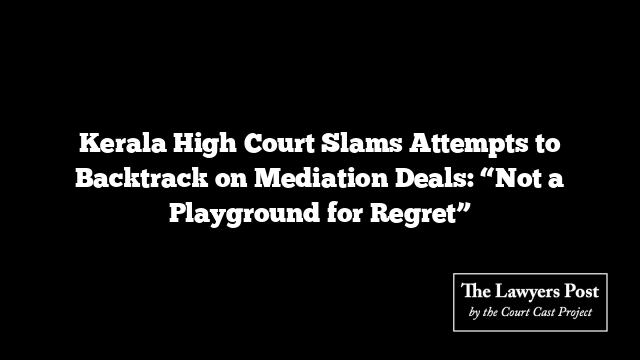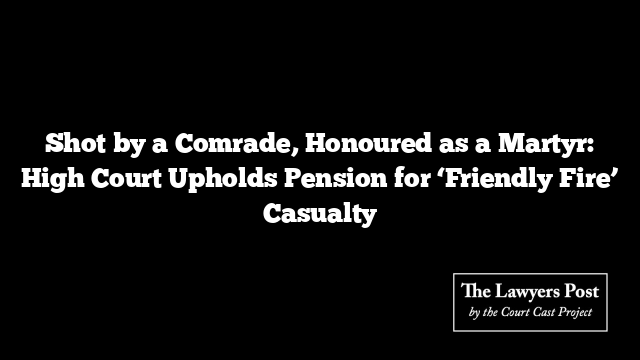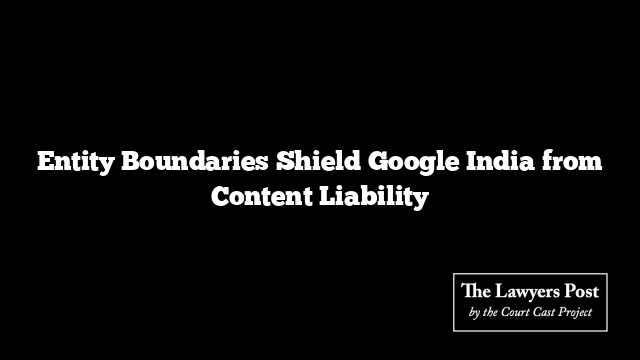In a firm message to litigants attempting post-facto U-turns, the Kerala High Court made it crystal clear: mediation agreements are not scribbles on a napkin — they carry the weight of the judiciary, and courts will not entertain attempts to casually wriggle out of them.
A Division Bench comprising Justices Devan Ramachandran and MB Snehalatha, while deciding a matrimonial dispute, emphasized that settlements reached through mediation — once recorded and crystallized into decrees — must be treated with the “highest sanctity.” Any attempt to later disown such settlements, no matter how artfully framed, would strike at the very heart of public trust in the legal system.
The ruling came while the Court heard appeals from a man seeking to undo a compromise decree passed by the family court. The decree had resolved not only his divorce petition but also the wife’s claims for maintenance and return of property — all based on a mediated settlement. Months later, he turned around and alleged the agreement was executed without his consent by his power of attorney, his own brother, who he claimed had been manipulated by his wife’s side.
The family court had already thrown out the challenge, finding the husband’s claim both delayed and unconvincing. The High Court agreed, pointing out the absence of any discord between the brothers and calling out the narrative as lacking credibility.
“We cannot let mediation agreements become provisional wish lists,” the Bench remarked. “Permitting parties to backpedal on such settlements casually would erode the majesty of the judicial system and compromise the integrity of its processes.”
Reiterating that the legal system cannot function if mediated resolutions are reduced to reversible suggestions, the Court upheld the family court’s decision and refused to unsettle the decree.
This ruling stands as a cautionary signal — once you shake hands in court-assisted mediation, there’s no going back without consequences.





